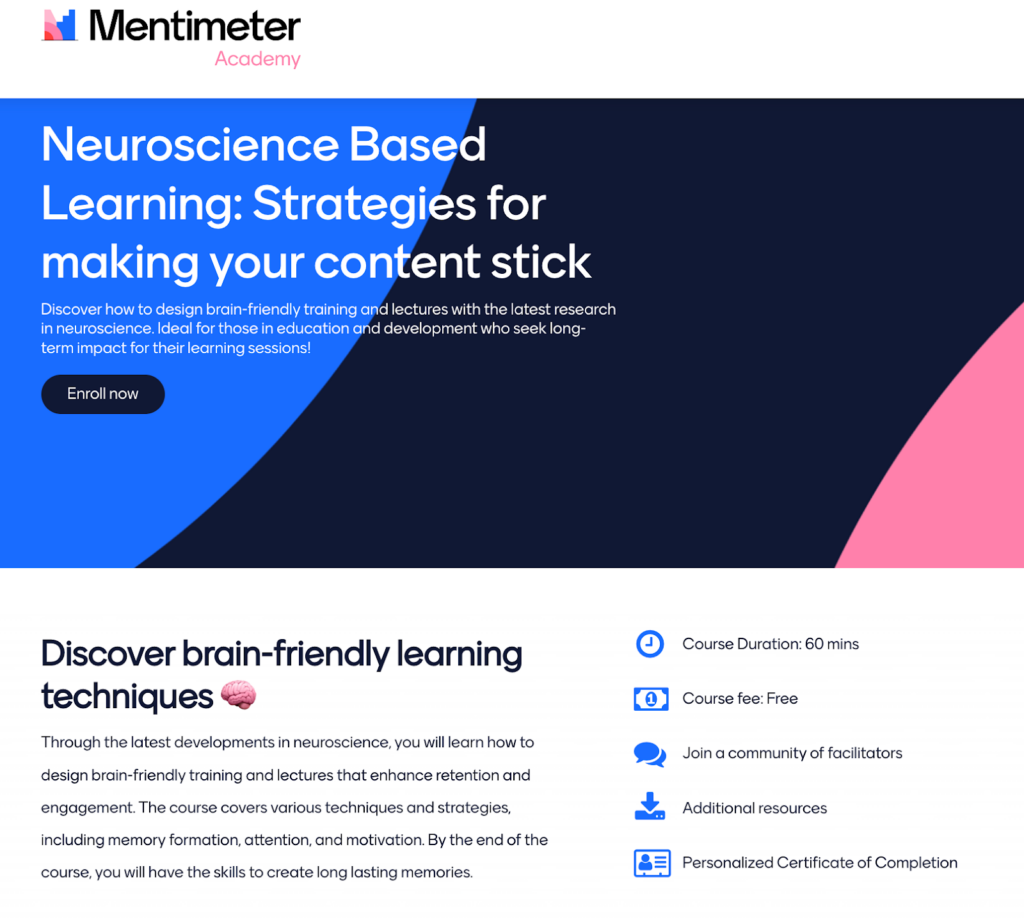Understanding Neuroplasticity: Your Brain’s Amazing Adaptability
For years, we believed the brain was a fixed entity, its structure and capabilities set in stone by adulthood. However, groundbreaking research reveals the incredible truth of neuroplasticity: our brains are constantly changing and adapting throughout our lives. This means that no matter your age or current skill level, you can learn new things, improve existing abilities, and even rewire your brain to overcome challenges. The implications are profound, suggesting that our potential is far greater than previously imagined.
The Power of Focused Attention: Mastering Deep Work
In our increasingly distracted world, the ability to focus deeply is a superpower. Learning science highlights the importance of minimizing distractions and engaging in “deep work” – periods of intense, concentrated effort on a specific task. This allows for deeper processing of information, strengthens neural pathways associated with the task, and ultimately leads to more effective learning and retention. Techniques like mindfulness meditation and time management strategies can significantly improve your ability to maintain focus.

Spaced Repetition: The Key to Long-Term Retention
Forget cramming! Research consistently demonstrates the superiority of spaced repetition – reviewing material at increasing intervals – for long-term memory consolidation. By revisiting information at strategic points, you reinforce neural connections and move information from short-term to long-term memory. Spaced repetition systems, whether using flashcards or specialized software, can dramatically improve your ability to retain information over the long haul.
Interleaving: Mixing it Up for Enhanced Learning
Instead of focusing on one topic at a time, try interleaving – switching between different subjects or types of problems. This seemingly counterintuitive approach actually enhances learning by forcing your brain to actively discriminate between concepts and strengthens your ability to retrieve information from memory. This active recall process is crucial for deep learning and long-term retention.
Active Recall: Testing Yourself for Better Understanding
Passive rereading is often ineffective. Active recall, on the other hand, involves actively retrieving information from memory without looking at your notes. This process strengthens neural connections and helps identify knowledge gaps. Techniques like self-testing, using flashcards, or teaching the material to someone else are powerful ways to leverage active recall for enhanced learning.
The Importance of Sleep: Consolidating Memories and Boosting Learning
Sleep is not just a time for rest; it’s crucial for memory consolidation. During sleep, your brain processes and integrates new information, strengthening neural pathways and transferring information from short-term to long-term memory. Getting enough quality sleep is essential for optimal learning and cognitive function. Aim for 7-9 hours of sleep per night to unlock your brain’s full potential.
The Role of Exercise: Enhancing Brain Health and Cognitive Performance
Physical exercise isn’t just good for your body; it’s also fantastic for your brain. Exercise increases blood flow to the brain, stimulates the production of neurotrophic factors (chemicals that support neuron growth and survival), and improves cognitive function, including memory, attention, and processing speed. Regular physical activity is a vital component of a brain-healthy lifestyle.
Mindfulness and Metacognition: Mastering Your Learning Process
Mindfulness practices, such as meditation, can improve focus, reduce stress, and enhance your ability to learn. Metacognition, or “thinking about thinking,” involves reflecting on your learning strategies and adjusting your approach as needed. By becoming more aware of your learning process, you can identify your strengths and weaknesses and optimize your strategies for maximum effectiveness.
Embracing Challenges and Fostering a Growth Mindset
A growth mindset – the belief that your abilities can be developed through dedication and hard work – is crucial for unlocking your brain’s potential. Embrace challenges as opportunities for growth, view mistakes as learning experiences, and persist in the face of setbacks. This positive attitude will significantly impact your motivation and ultimately your success in learning new things.
Nutrition and Hydration: Fueling Your Brain for Optimal Performance
Your brain needs the right fuel to function optimally. A healthy diet rich in fruits, vegetables, whole grains, and lean protein provides the essential nutrients for brain health and cognitive function. Staying adequately hydrated is also crucial, as even mild dehydration can impair cognitive performance. Nourishing your brain is as important as nourishing your body. Click here to learn about the neuroscience of learning (PDF).












